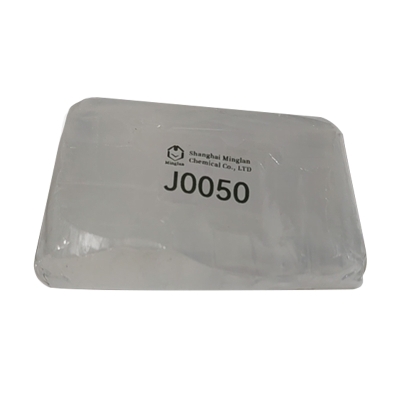-
Categories
-
Pharmaceutical Intermediates
-
Active Pharmaceutical Ingredients
-
Food Additives
- Industrial Coatings
- Agrochemicals
- Dyes and Pigments
- Surfactant
- Flavors and Fragrances
- Chemical Reagents
- Catalyst and Auxiliary
- Natural Products
- Inorganic Chemistry
-
Organic Chemistry
-
Biochemical Engineering
- Analytical Chemistry
-
Cosmetic Ingredient
- Water Treatment Chemical
-
Pharmaceutical Intermediates
Promotion
ECHEMI Mall
Wholesale
Weekly Price
Exhibition
News
-
Trade Service
●Argentina:
Due to the high cost of biofuel raw materials, Argentina passed a law to reduce the blending ratio of biodiesel from 10 per cent to 5 per cent and authorized the Government to reduce the ratio to 3 per cent
.
●Brazil:
The biodiesel blending ratio (10%) introduced in 2021 will still be used in 2022, compared to the previously set target of increasing this ratio to 15%
in 2022.
●Belgium:
Belgium's Green Alliance has proposed temporarily eliminating existing biofuels regulations to reduce fuel and food costs, and then slowly phasing out crop-based fuels
by 2030.
●Colombia:
The biofuel blending ratio will be reduced from 10% to 4% from April 2021 and is scheduled to return to 10%
by September 2021.
However, in August 2021, Colombia changed its plan to extend the use of the 10% ratio to January 2022, and now plans to reduce the rate to 6%
by August 2022.
●Czech Republic:
It has been proposed to eliminate the original blended ratio target, but this proposal will not be confirmed until the end of the
year.
●Finland:
In 2022, Finland will reduce its renewable energy demand from 20% to 12%.
It is estimated that this will reduce the price of biofuels by 12 cents
per liter.
●Germany:
Germany's environment minister has proposed to further reduce the use of biofuels from food and crops in response to possible food price increases, but has not yet submitted a proposal
.
●Sweden:
Sweden proposes to suspend the transport sector's greenhouse gas emissions targets for 2022 and 2023 and continue
beyond 2023.
●Indonesia:
Indonesia still plans to increase the blending rate of biofuels, which is currently 40 percent, but it seems unlikely to be achievable
.
●Croatia:
Croatia will no longer penalize companies
that fail to meet the mixed ratio requirement.
●United States:
The U.
S.
only allows ethanol blending rates in summer biofuels to reach 15 percent
.







